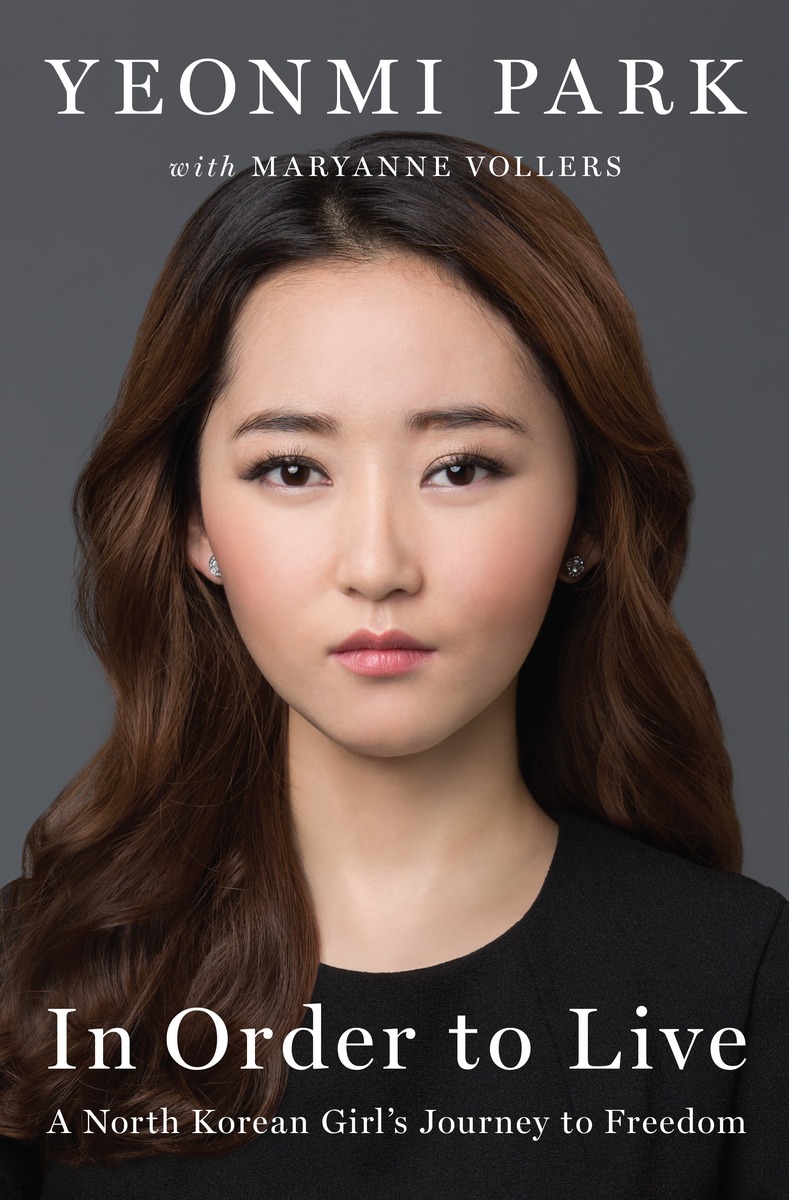
Yeonmi Park is the author, with Maryanne Vollers, of In Order to Live.
When my plane touched down at Incheon International Airport in the spring of 2009, I thought my long journey to freedom was over. My heart was beating out of my chest with excitement as my mother and I and our small band of North Korean defectors were met by South Korean agents and ushered through the impossibly shiny and modern arrivals gate. Finally I could do and say what I wanted without being arrested.
But I hadn’t been in South Korea for more than a few weeks when I realized that freedom was not so simple, and in many ways my mind was still locked behind the sealed borders of North Korea. I was 15 years old with the equivalent of a second grade education, and I didn’t even possess the language to express concepts such as liberty, individuality, or love for anything other than the Leader. I had to learn how to think before I could learn to be free.
Two years earlier I had first escaped from my homeland by scrambling across the frozen river that divides North Korea and China. All I knew was that if I stayed behind I would die—from starvation, from disease or from being worked to death in a forced labor camp because my father was a smuggler and our whole family had been marked as criminals. My hunger was unbearable, and I hoped to find food and work in China. Instead I was sold as a child bride to a human trafficker and spent two harrowing years hiding from Chinese police who would send me back to North Korea. Finally I made another dangerous escape, this time across the Gobi Desert into Mongolia, which had been quietly offering refuge to North Korean defectors. From there, diplomats arranged passage to South Korea, which recognizes us as citizens.
Even though North and South Koreans have the same ethnic background and speak the same basic language, after nearly seventy years of isolation and indoctrination, we North Korean defectors often feel like visitors from another planet. At the Hanawon resettlement center, where we spent three months being taught the basics of South Korean society, I realized how hard it would be to transition into this strange new world of subtlety and choices.
See Photos From North Korea’s Massive 70th Anniversary Military Parade
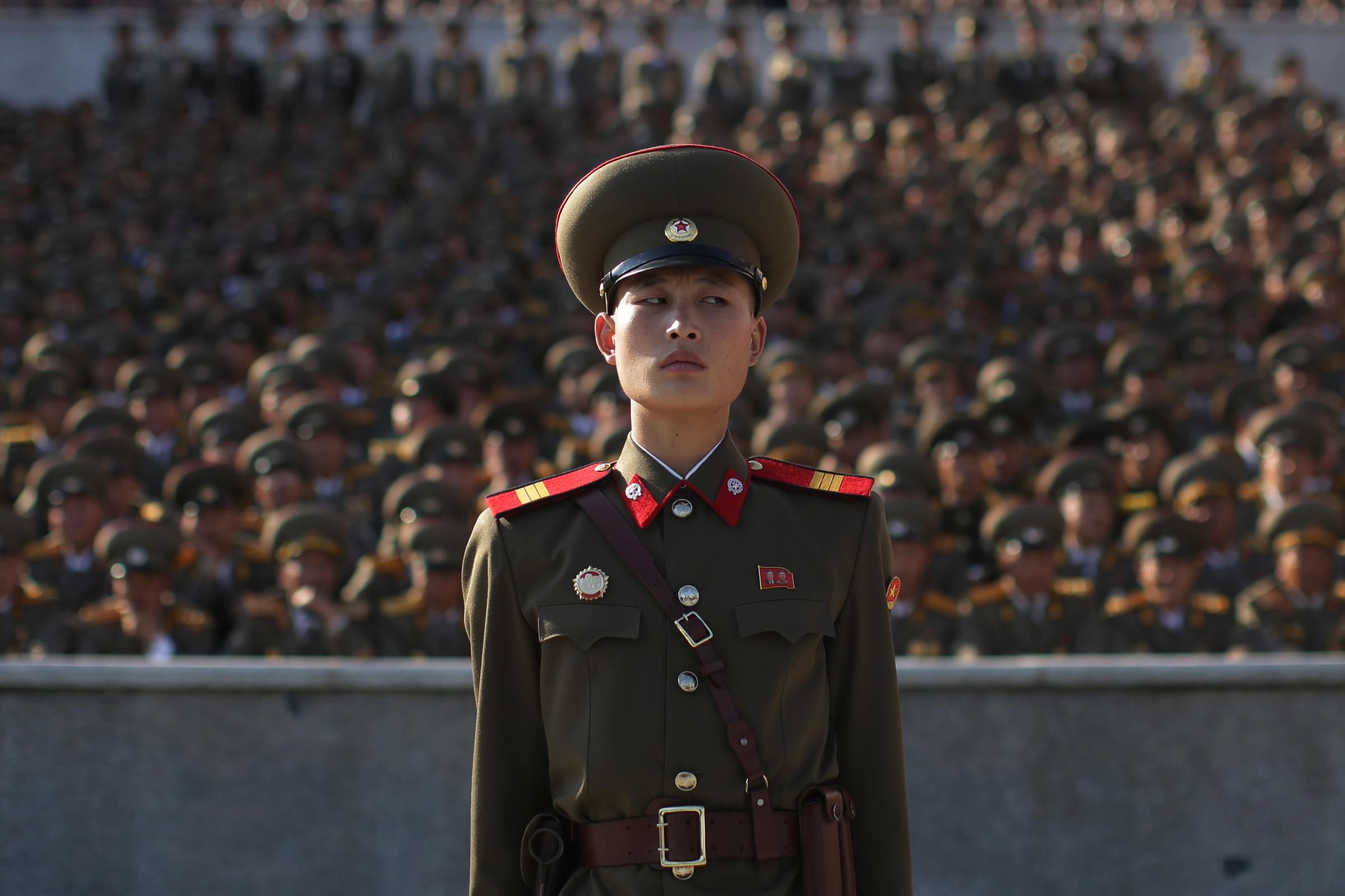
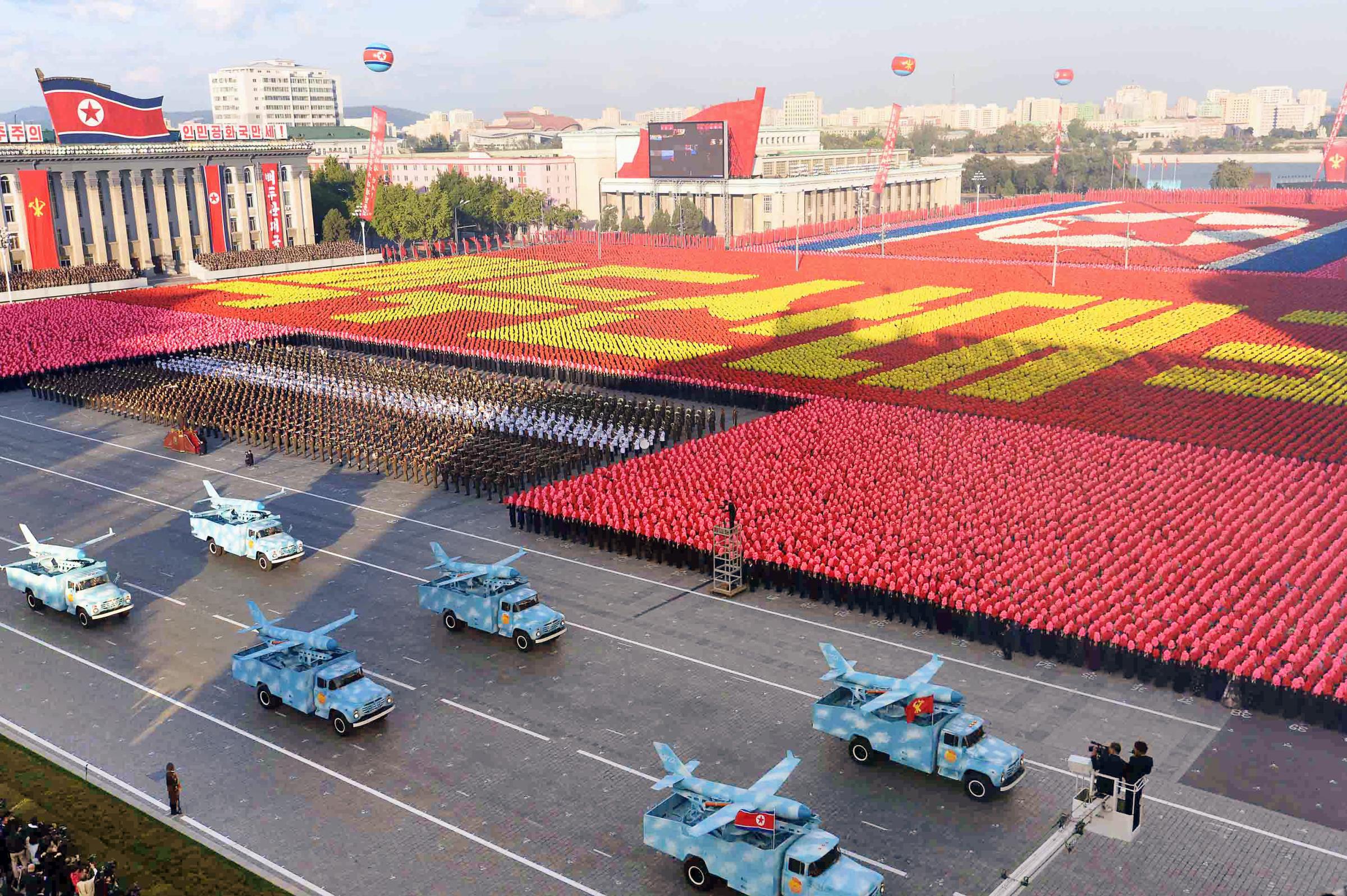
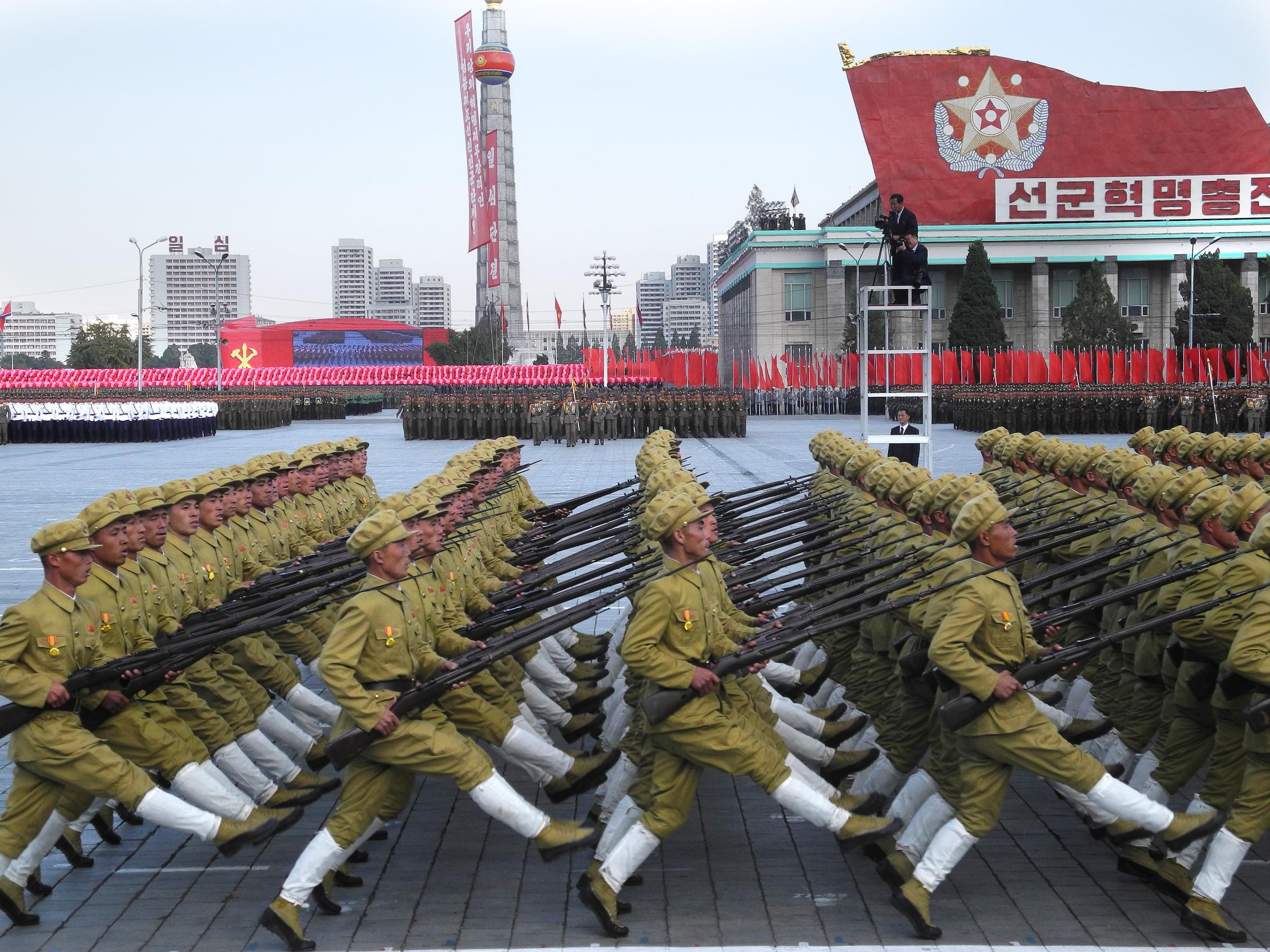
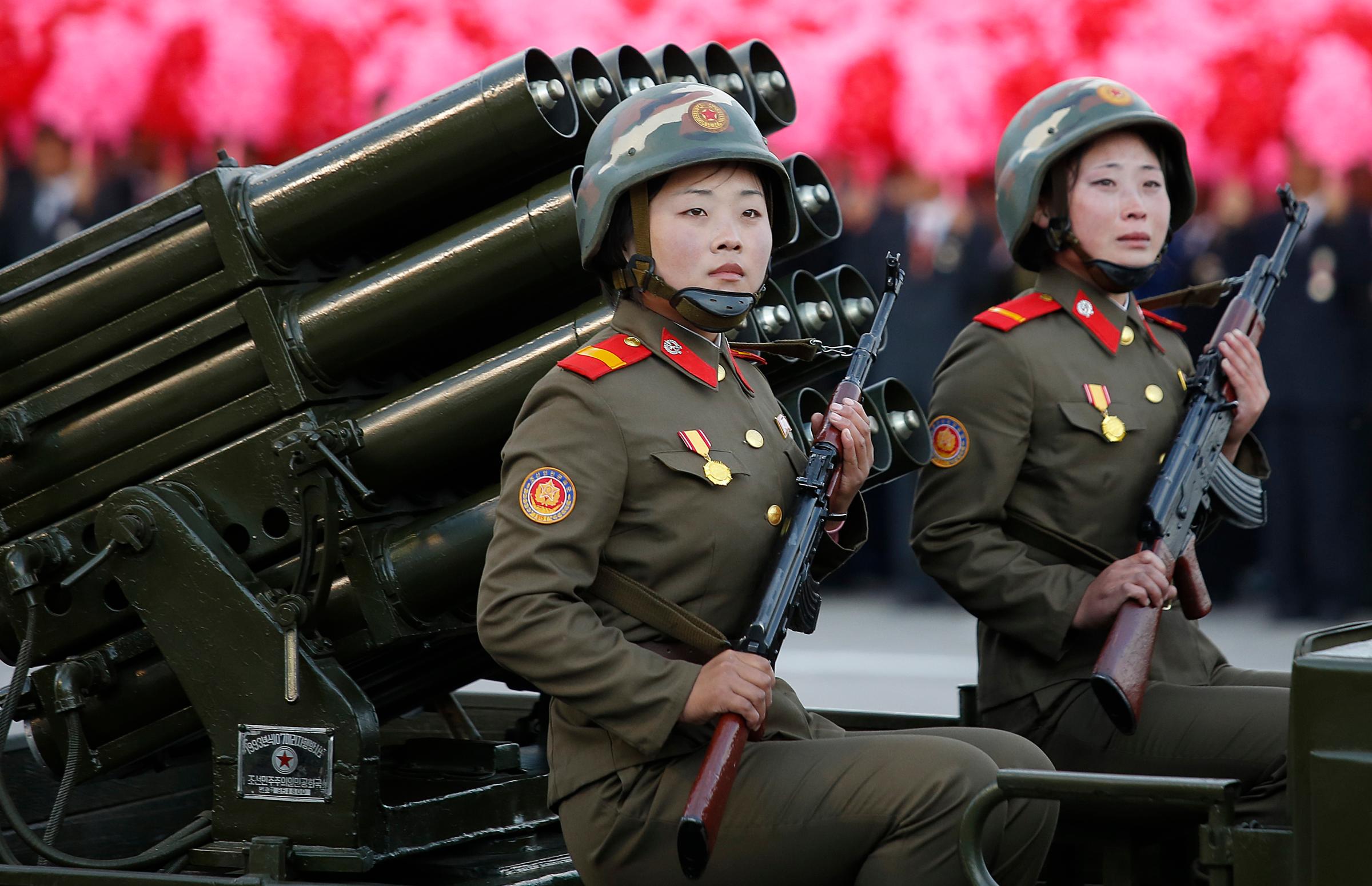
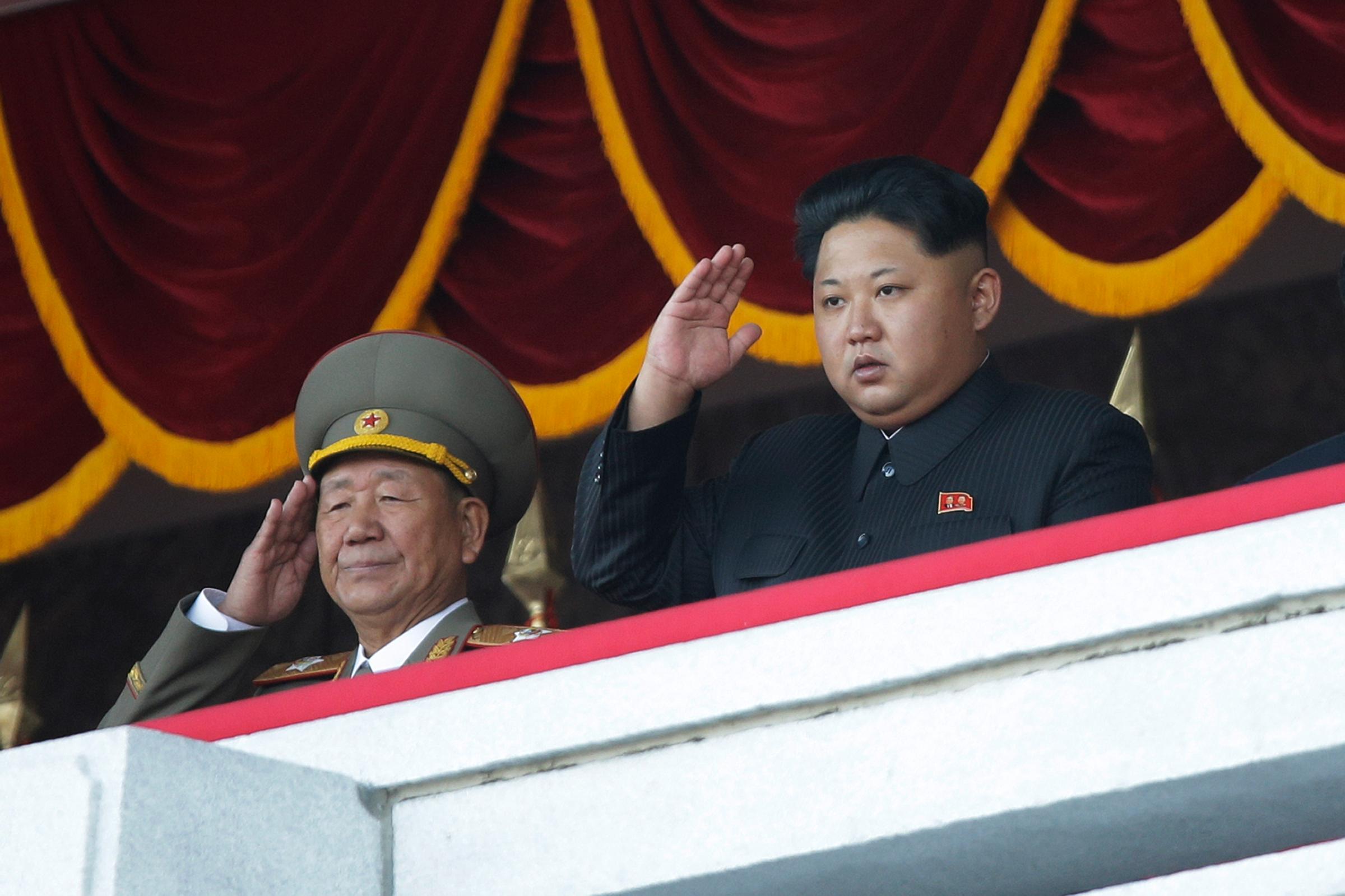
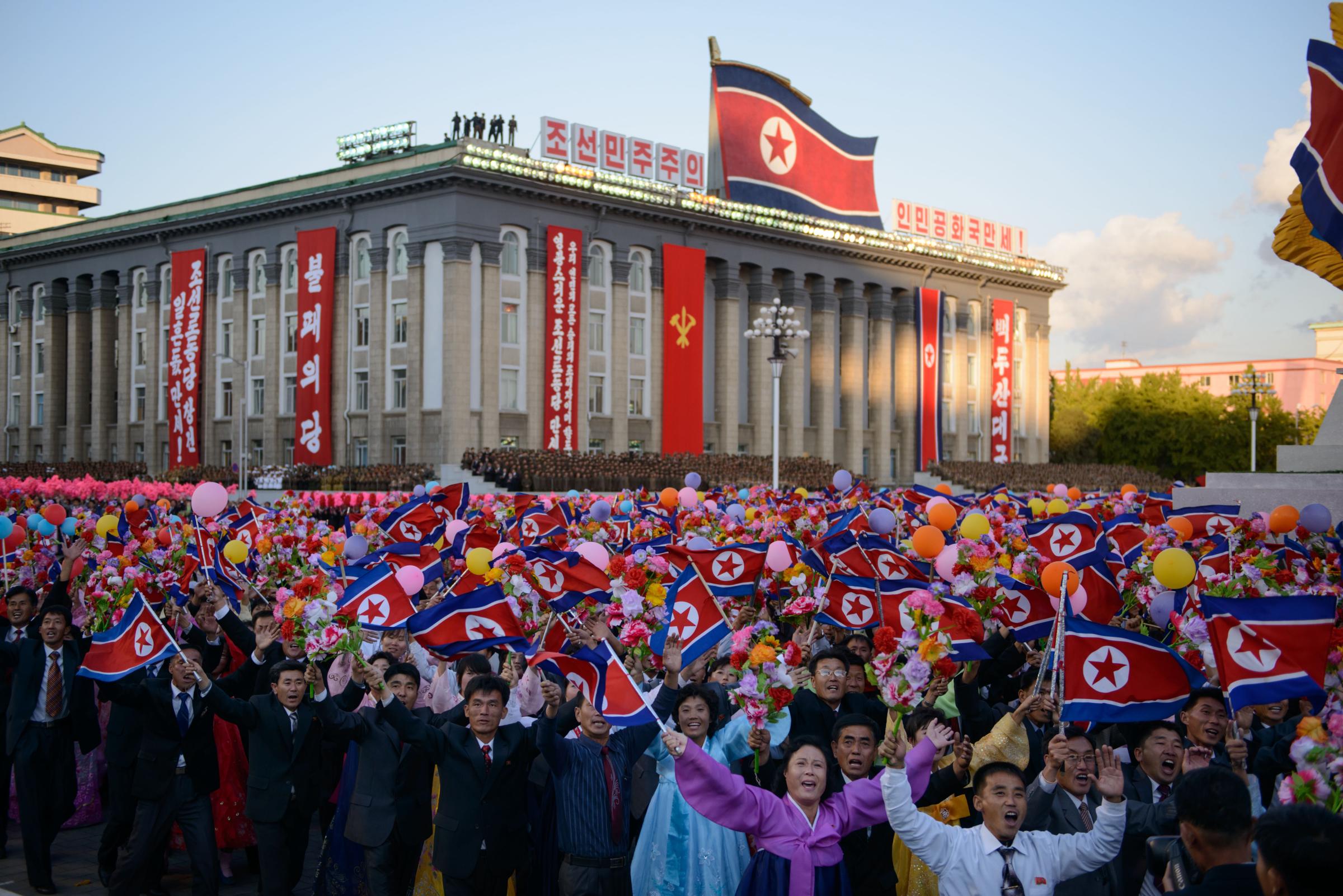
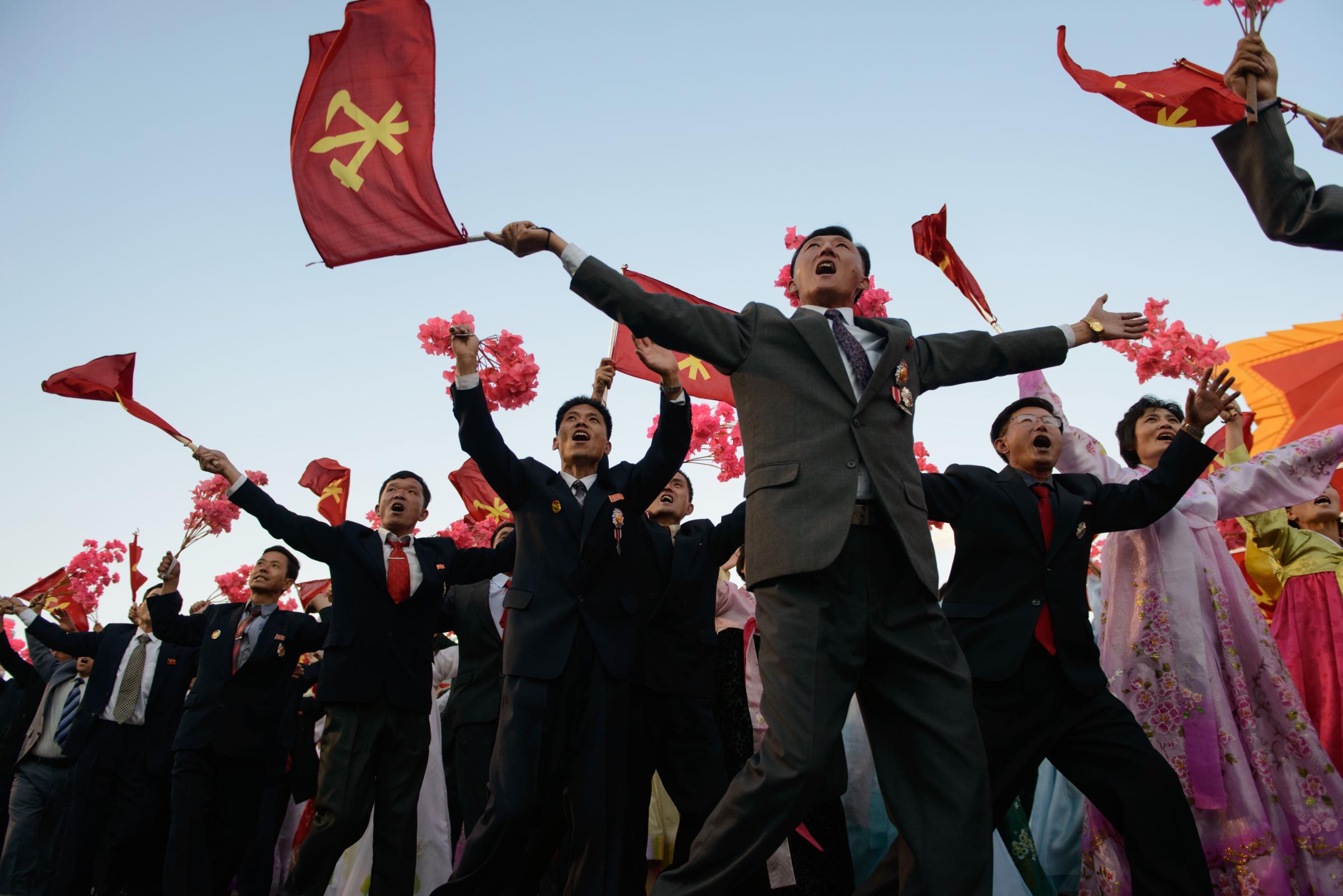
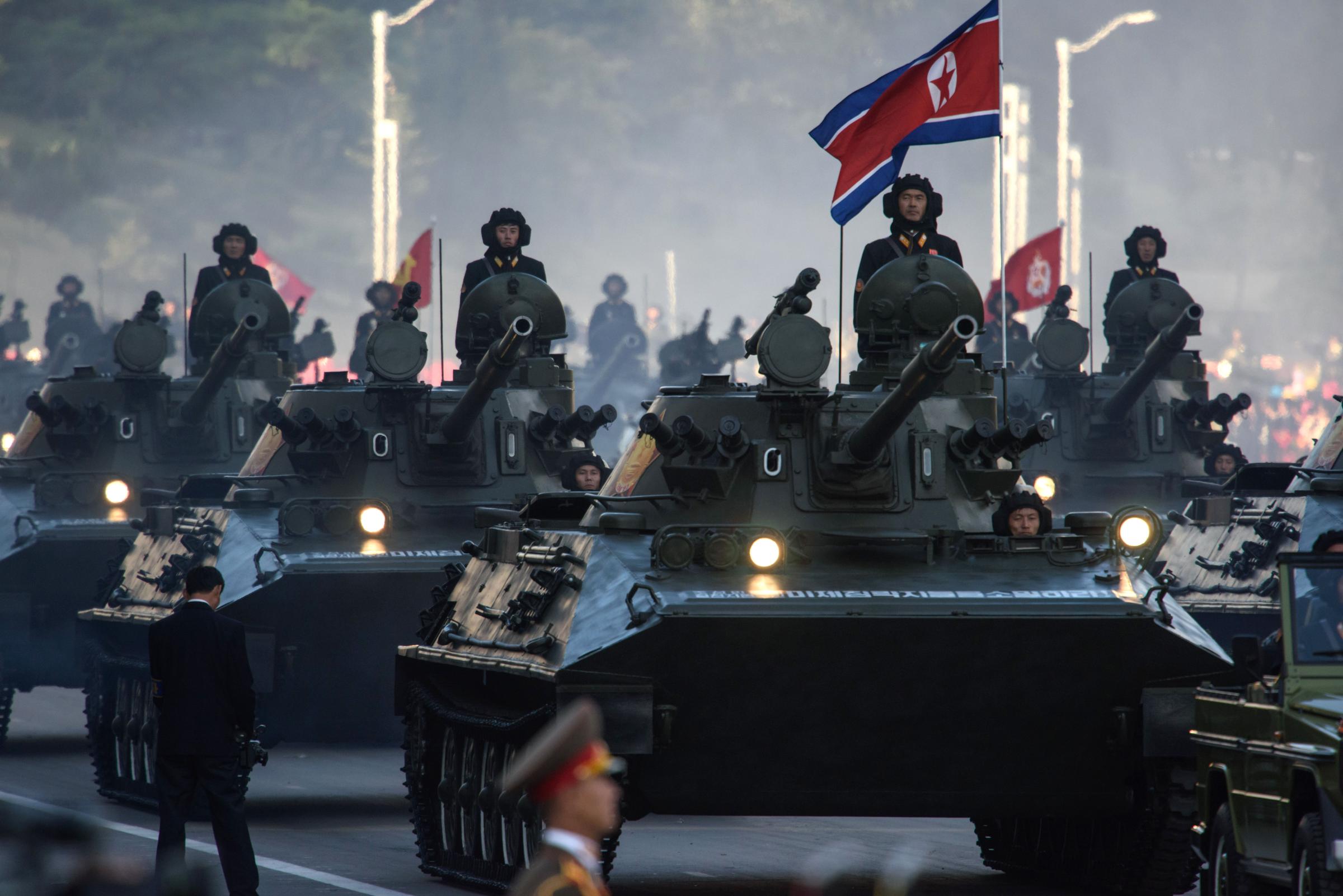
For me the most difficult part of the resettlement program was learning to introduce myself in class. The teachers taught us that the first thing you say is your name, age, and hometown. Then you can tell people about your hobbies, your favorite recording artist or movie star, and finally you can talk about “what you want to be in the future.”
When I was called on, I froze. I had no idea what a “hobby” was. When it was explained that it was something I did that made me happy, I couldn’t conceive of such a thing. My only goal was supposed to be making the regime happy. And why would anyone care about what “I” wanted to be when I grew up? There was no “I” in North Korea—only “we.” This whole exercise was so stressful I just stared in panic.
When the teacher saw this she said, “If that’s too hard, then tell us your favorite color.” Again, I went blank.
The teacher told me, “This isn’t so hard, I’ll go first: My favorite color is pink. Now what’s yours?”
“Pink!” I said, relieved that I was finally given the “right” answer.
In North Korea the regime decides everything for you: where you live, where you go to school, where you work, what books you read, what clothes you wear. You can be punished for dying your hair or wearing jeans; you can be executed for making an unauthorized international phone call or watching a Hollywood movie. North Korean schools are designed to indoctrinate rather than to educate. We are trained to think with one mind and to accept what we are told without question.
But once I got to South Korea, I had to think for myself all the time—and it was exhausting. If you are not brought up with choices, constantly having to make decisions can feel like torture.
So many things I learned at Hanawon didn’t make sense at all. But there was one simple phrase I heard over and over that really struck me: “In a democracy, if you work hard, you will be rewarded.” I didn’t believe it at first. That was not the way things happened in North Korea, where working hard was rewarded only if you had a good songbun – or social caste – and the right connections. But I knew that I could work hard, and it made me excited to think that I might be rewarded for my effort. There is a word for justice in Korean (정의 jeong-ui) but I never heard it as a child in North Korea, so I didn’t understand the concept. But this was an idea that felt right to me.
I had to begin working toward my goals immediately; there was not a moment to waste. After three months at Hanawon my mother and I settled in a tiny apartment south of Seoul. I crammed twelve years of education into the next eighteen months of my life. I inhaled books like other people breathe oxygen, starting with Korean language picture books about the countries of the world. Then I moved on to books about famous people. I was interested in America, and I particularly loved biographies of Abraham Lincoln and Barack Obama because they had to overcome obstacles and prejudices to get ahead.
I found that as my vocabulary became richer my thoughts were getting deeper, my vision wider, and my emotions less shallow. I could literally feel my brain coming to life, as if new pathways were firing up in places that had been dark and barren.
I read translations of literary classics like Catcher in the Rye, Lord of the Flies, and Tolstoy’s short stories. I fell in love with Shakespeare.
But it was borrowing a translation George Orwell’s Animal Farm at school that marked a real turning point for me. It was like finding a diamond in a mountain of sand. I felt like Orwell knew where I was from and what I had been through. The animal farm was really North Korea, and he was describing my life. I saw my family in the animals—my grandmother, mother, father, and me, too: I was like one of the new generation of pigs at the end of the book who have no idea of their history. Reducing the horror of North Korea into a simple allegory erased its power over me. It helped set me free.
After six years of practicing freedom, my hard work has been rewarded: I know now that my favorite color is spring green and my hobby is reading books and watching documentaries. I’m not copying other people’s answers anymore; I have learned to think for myself. I am free.
More Must-Reads from TIME
- Cybersecurity Experts Are Sounding the Alarm on DOGE
- Meet the 2025 Women of the Year
- The Harsh Truth About Disability Inclusion
- Why Do More Young Adults Have Cancer?
- Colman Domingo Leads With Radical Love
- How to Get Better at Doing Things Alone
- Michelle Zauner Stares Down the Darkness
Contact us at letters@time.com